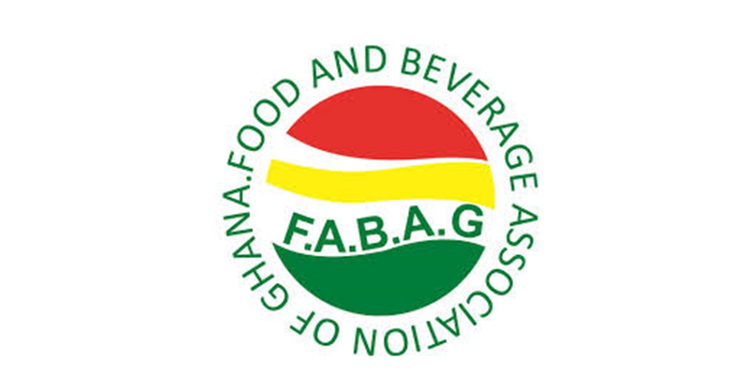The Food and Beverage Association of Ghana (FABAG) has issued a strong call to the government, urging for the immediate withdrawal of the Emissions Levy, citing concerns over its adverse impact on the industry.
In a statement dated February 5, FABAG expressed its belief that the imposition of the tax, particularly its effect on the food and beverage sector, is highly insensitive and detrimental to business interests.
Introduced on February 1, 2024, the government’s new tax policy targets carbon dioxide equivalent emissions from internal combustion engine vehicles. However, various stakeholders, including the Ghana Union of Traders Association (GUTA), the Trades Union Congress (TUC), and the Ghana Private Road Transport Union (GPRTU), have vehemently opposed the implementation of the Emissions Levy.
FABAG emphasized in its statement that the imposition of the Emissions Levy is premature and unlikely to achieve its intended objectives. The association joins other industry bodies and stakeholders in calling for the withdrawal of this tax policy, underscoring the urgency of addressing its negative repercussions on businesses and the economy at large.
“Inasmuch as the Carbon Emissions tax sounds nice in theory, its introduction is premature in Ghana and hence cannot achieve its desired objectives. The tax is going to simply raise the cost of production, create avenues for corruption and disturb the already acidic business environment.”
“For instance, how are carbons emitted by industries through their manufacturing processes going to be measured? Who measures it? And how will the measurement be reported to ensure that there is no corruption in the collection of the data and right fees are paid to the government? Even the bonded warehouses system where officers of govemment daily man the gates of the warehouses failed in delivering its set-up objectives. How can carbons emitted by an industry be measured accurately to ensure that neither the government nor the industrial player is cheated? The Carbon Emission tax is just going to make a few people rich at the expense of the consumer and the Republic,” FABAG added.
Read FABAG’s full statement below:



































